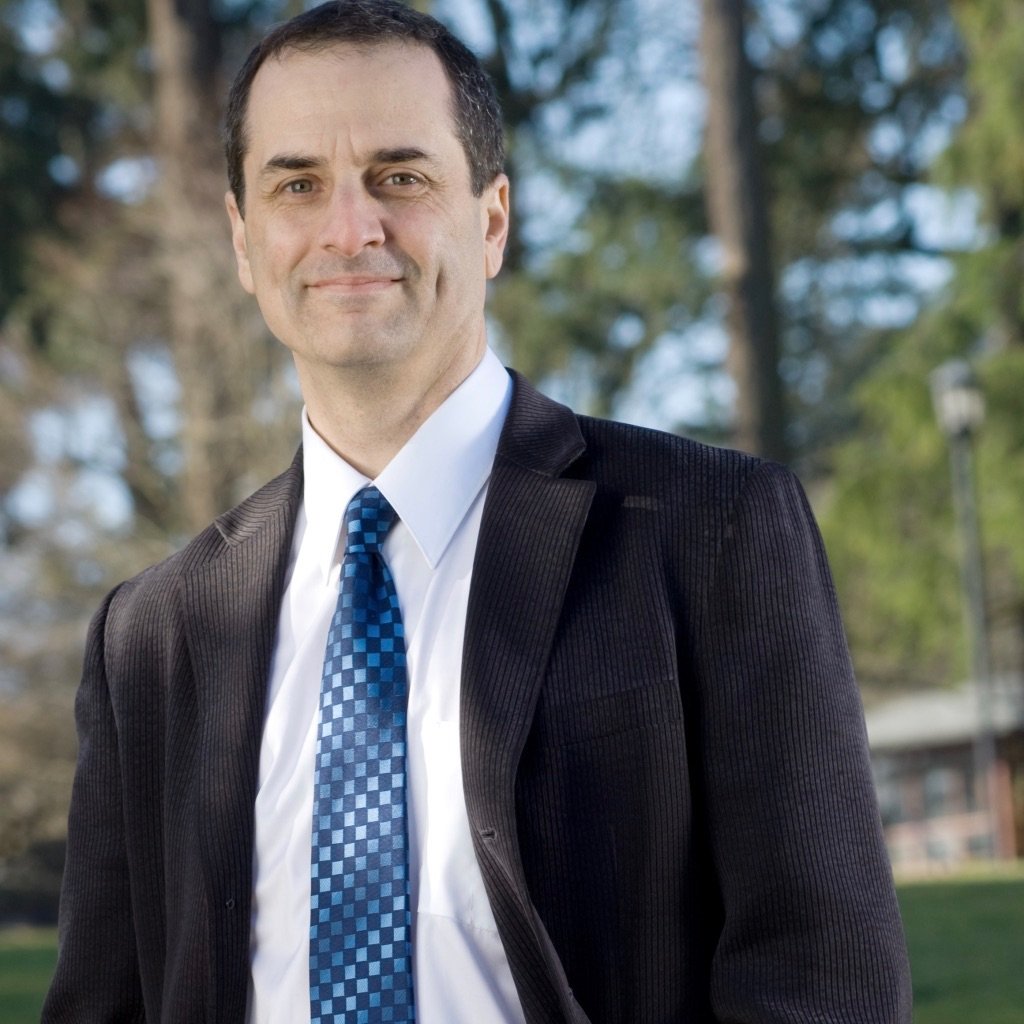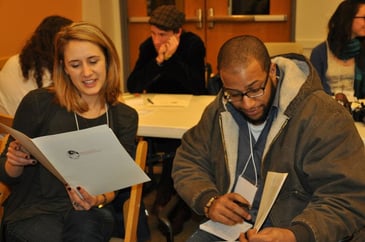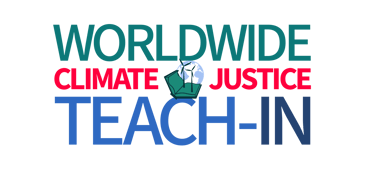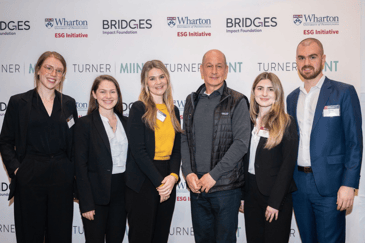Meet The Bard MBA Alums Investing Billions in Clean Energy for Communities

Three Bard MBA graduates are helping steer billions of dollars to clean energy projects in communities around the US.
Emily Robichaux ‘18 is SVP, Climate and Environmental Programs at Opportunity Finance Network; Jesse Gerstin ‘20, is VP, Center for Resiliency and Clean Energy at Inclusiv; and Brian Liechti ‘20 is Senior Manager of Market Engagement at Inclusive Prosperity Capital. Together these alums will help direct over $4 billion of the federal Greenhouse Gas Reduction Fund (GGRF) – monies authorized by the 2021 Inflation Reduction Act to fight climate change and awarded through the Environmental Protection Agency (EPA).
In announcing the awards, EPA Administrator Michael Regan explained that the funds are targeted at “communities that for too long have been shut out of resources to lower costs and benefit from clean technology solutions… these transformational investments for American communities, businesses, and families will unleash tens of thousands of clean technology projects like putting solar on small businesses, electrifying affordable housing, providing EV loans for young families, and countless others.”
How does this work? Robichaux will help direct the funds to Community Development Financial Institutions (CDFIs), primarily non-profit loan funds. Gerstin will be targeting Community Development Credit Unions. These institutions will in turn lend the money to their members, communities, and small businesses investing in clean energy solutions to fight global warming. Liechti will be working specifically on scaling high-impact community solar models and projects nationwide, including a focus on equitable workforce development.
Finance has a reputation for being numbers-oriented work that too often focuses on only a narrow bottom line. Why do these Bard alums see it as so important?
“The Greenhouse Gas Reduction Fund directs much-needed funding to organizations on the frontlines of the crises we face today, ” said Liechti. “With this funding, green banks, community lenders, affordable housing developers, contractors, and other key stakeholders moving the clean energy transition forward can help deliver more affordable, cleaner energy to communities who need it most while creating jobs, building wealth in low-income and disadvantaged communities, and reducing energy burdens.”
“This funding presents a pivotal opportunity to advance financial inclusion for social and climate justice” said Gerstin. “By directing resources to community-owned lenders, especially those with a focus on low-income and disadvantaged communities, we can foster access to clean energy solutions and greater climate resilience, all while promoting financial security.”
"CDFIs have been providing accessible and affordable capital to communities underserved by traditional finance for decades. These same communities are disproportionately bearing the brunt of climate change," said Robichaux. “This funding will disrupt that dynamic by providing low-cost capital, capacity building, and other services that will drive clean energy demand, deployment, and wealth building across the country."
This work by Bard alums is part of a much bigger package of federal funding directed at clean energy and climate solutions, authorized by the Inflation Reduction Act– America’s version of a “Green New Deal.” The big vision? By 2050, the country will have made the transition to a largely fossil-free energy economy. In this first tranche of investment, over the next few years, the GGRF will fund numerous projects and grow thousands of jobs in the clean energy sector.
Get a sustainable business degree at Bard
Want an MBA where sustainability is baked in, not bolted on? Are you interested in learning how to frame sustainability opportunities as business opportunities, investing in climate change solutions, using compelling storytelling, employing change management principles, and more?
To learn more about Bard’s MBA in Sustainability – and some of its areas of focus, including sustainability consulting, impact finance, and circular economy – download our guide: the MBA of the Future.




